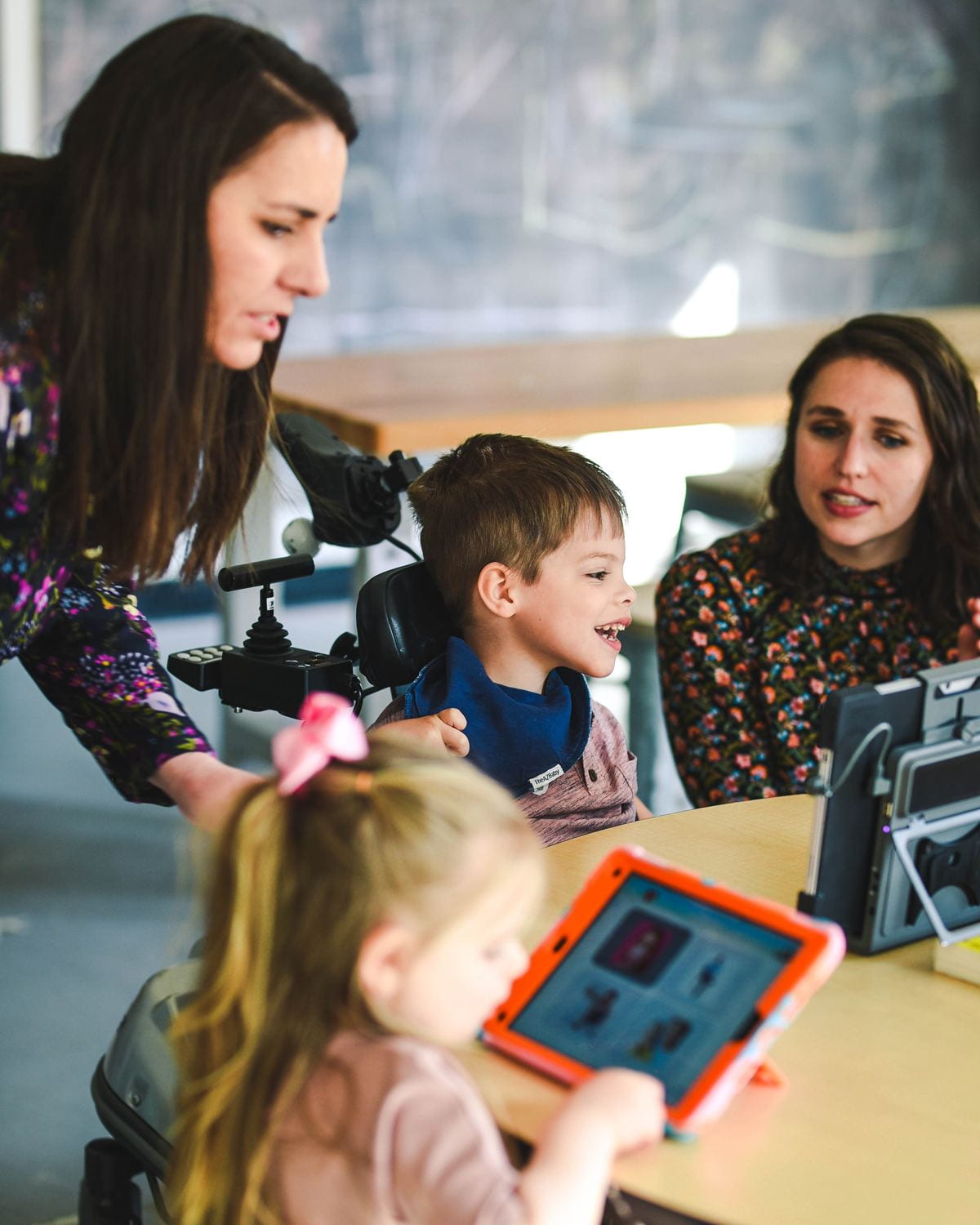Project Spoonies provides community for those with chronic illness
As a sophomore in college, Maya Eicher was diagnosed with a chronic illness that shook her whole world – not only her health, but her studies, her social life, and her family relationships. Although she knew that Penn State offered resources to students with disabilities and chronic illnesses, she felt isolated by her diagnosis and believed other students battling chronic illness felt similarly alone.
After living with her chronic illness for a couple of years, Eicher decided that she could do something to better support students like her.
Eicher founded Project Spoonies in 2020, an organization that provides peer support and advocates for Penn State students with chronic illnesses. Eicher, who graduated from Penn State with a bachelor’s degree in biobehavioral health in 2019, is taking a year to organize and run Project Spoonies as executive director before pursuing medical school.
“The conversation around chronic illness is really complicated, and a lot of people in the chronic illness community have trouble identifying themselves as disabled. There is a lot of stigma around it, so they are scared to go to disability services because they think they don’t need it,” she said.
In her own words: Using personal experience to foster community
Transcript
Projects Spoonies provides peer support groups and resources for Penn State students with chronic illnesses. It provides a space for them to share with others who are struggling with the same things they are. And helps decrease the social isolation that comes with a chronic illness diagnosis.
It’s also really important for me that, those who volunteer and run the support groups, are representative of the chronic illness population themselves, including myself. I was personally struggling with the chronic illness diagnosis that shook my whole world and I founded Project Spoonies because I wanted to find other students who might be struggling too. We are students just like them and we’ve created this because of our own experiences.
Project Spoonies, established with support from her mentor, JoAnn Foley-DeFiore, associate teaching professor of biobehavioral health, is about support and community, helping people with chronic illnesses feel empowered to get the help they need and deserve.
‘Spoonies’ is a term embraced by the chronic illness community to help people understand what daily life looks like for them and to find solidarity with others who struggle. It refers to the Spoon Theory, as coined by Christine Miserandino, a blogger and advocate living with lupus. She uses spoons as a unit of energy to explain how people with chronic illnesses navigate basic tasks and demands and quickly find their energy depleted, or out of spoons.
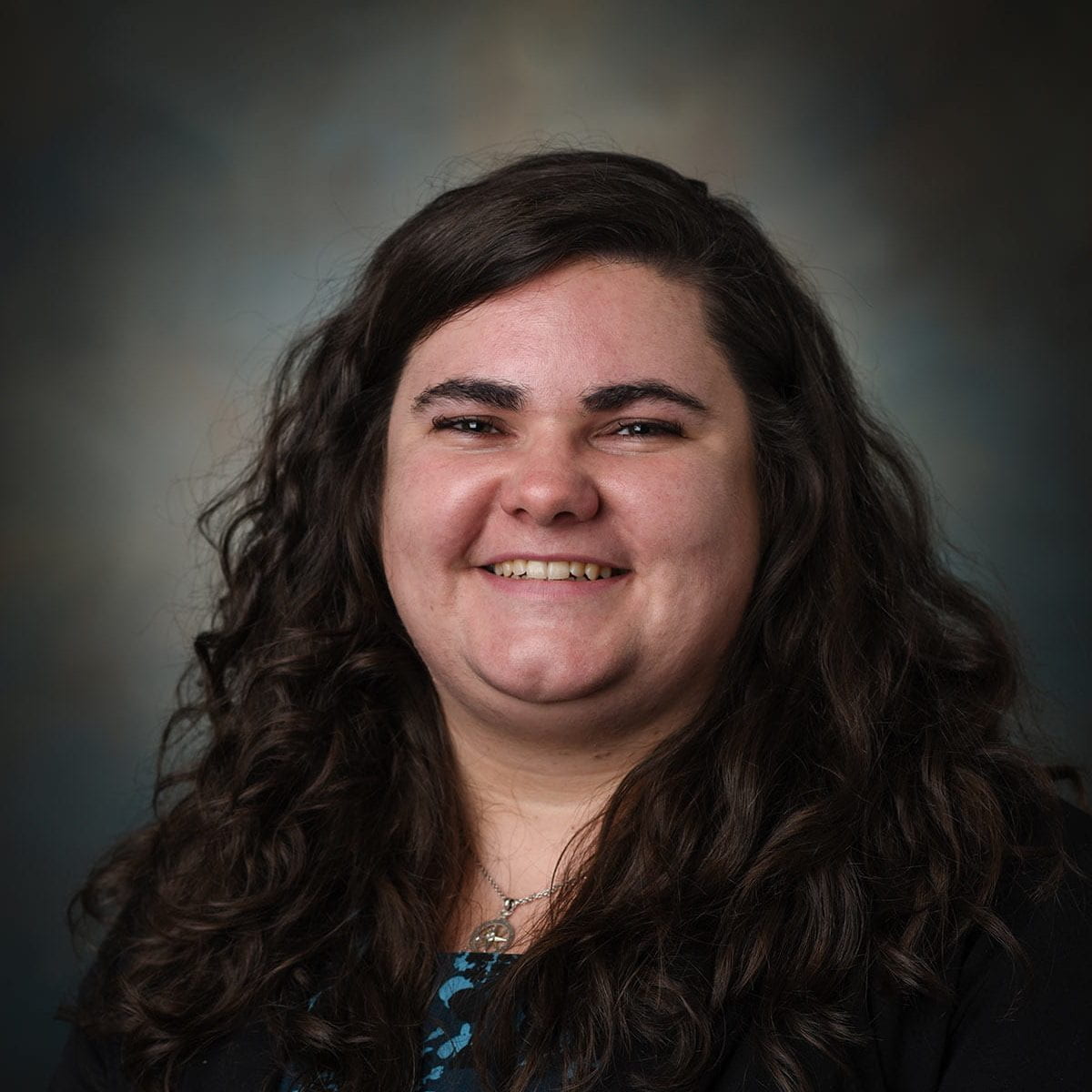
Author
Mary
Campbell
Spoon Theory
Spoon Theory is the idea that people with chronic illness only have a certain number of spoons they can use to expend energy on daily tasks, whereas people without a chronic illness may have an unlimited number of spoons. If you only had 12 spoons-worth of energy, how would you use them?


Spoon Theory by Christine Miserandino. For more information visit Christine’s blog, But You Don’t Look Sick.
Project Spoonies is housed under Centre County’s Community Diversity Group, a registered non-profit organization that brings together individuals and groups working to cultivate inclusive and engaged communities. During its first year, the organization offered peer support groups for Penn State students to decrease social isolation created by chronic illness and/or the COVID-19 pandemic.
This year, Project Spoonies is partnering with Penn State Student Disability Resources to reach more students and help the University better understand accommodations and supports that can improve the educational experience of students living with chronic illnesses. The organization also manages social media platforms to help raise awareness for the community.
Leah Zimmerman, executive director of Penn State’s Student Disability Resources, said that part of the goal is supporting students not only academically, but socially, as well. The peer-to-peer connections facilitated by Project Spoonies directly address a desire for student connection and belonging.
“Students who identify as having chronic illnesses describe individual challenges navigating higher education while experiencing unique and unpredictable health needs,” said Zimmerman. “Partnering with Project Spoonies provides an opportunity for a safe and neutral space for students with chronic illnesses to share similar experiences, build systems of support, benefit from peer understanding and empathy, and hopefully promote persistence.”
Project Spoonies is also supported by student volunteers from the College of Health and Human Development who lead peer support groups, generate content, and serve on various committees that support the operations of the organization.
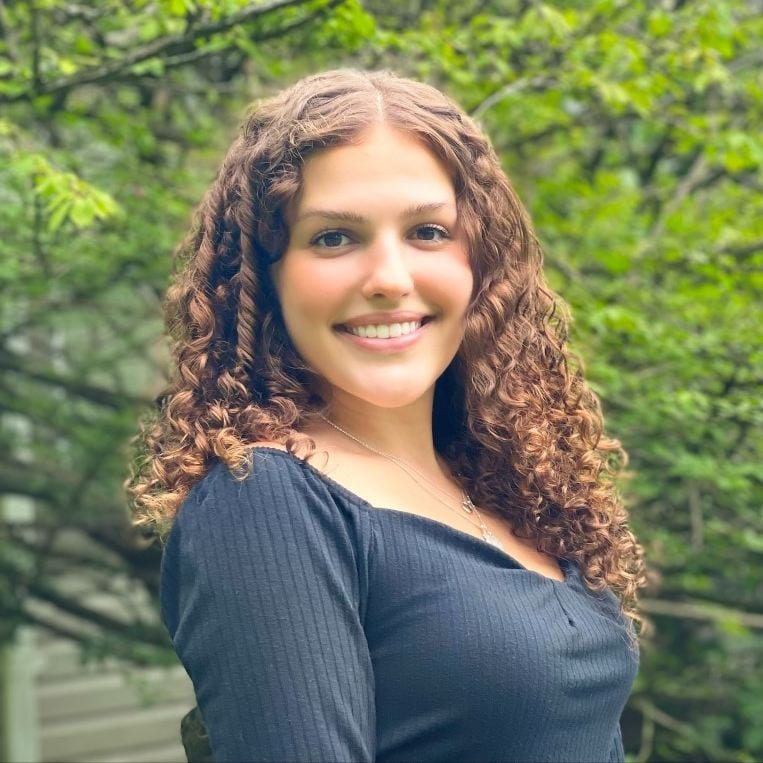
Olivia Bognanni
Project Spoonies event planning committee
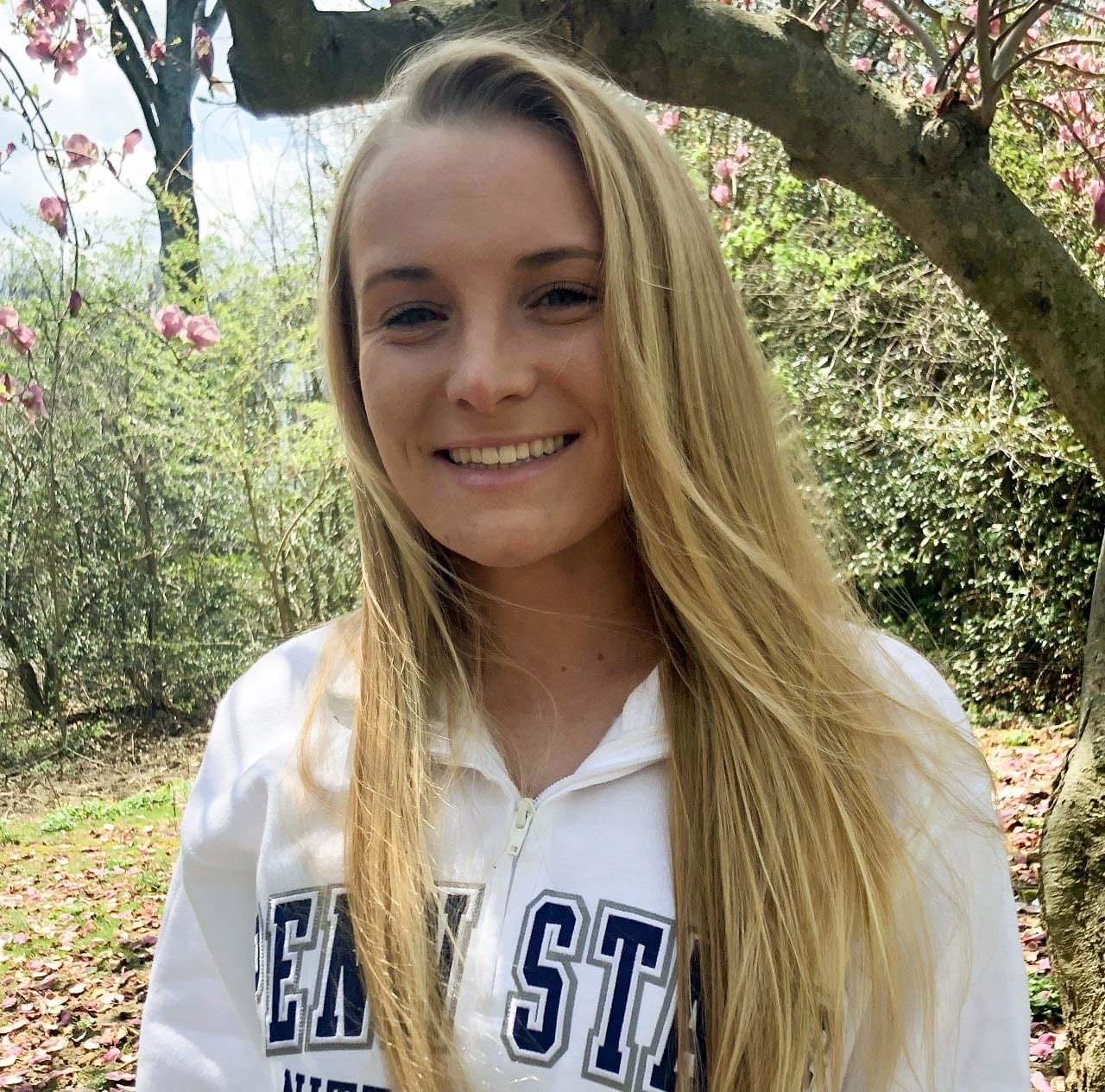
Shannon McCarthy
Project Spoonies event planning committee
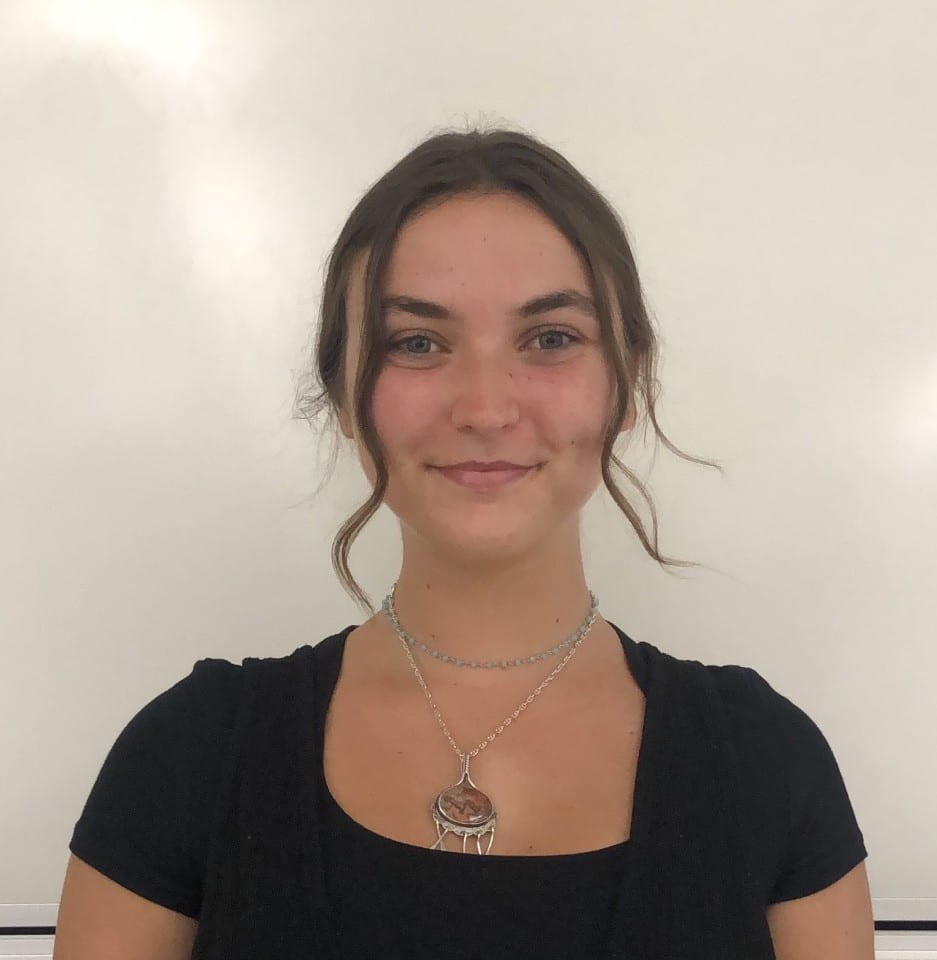
Rebecca Morris
Project Spoonies general member

Shivani Sowmyan
“I have family members who have chronic illnesses, but Maya really taught me what people go through and how these illnesses are concealed. It’s made me more understanding and to the daily struggles that people experience. I’m really glad to be able to learn from Project Spoonies, not only in my academic pursuits, but personally.”
“I am so thankful I joined Project Spoonies because I have been able to meet other passionate students and people who share the same passions I have. Having clubs like Project Spoonies helps our community to be more aware and inclusive, and it advocates for issues that need more attention in our society.”
“My involvement in Project Spoonies is inspired by my own experience with chronic illness and disability. College can be an overwhelming time for anyone, so managing illness and disability on top of the typical stressors of life can be very isolating. Having a sense of community with people who can relate to my perspective has been very comforting, and I want to continue to advocate for other students who need support.”
“I personally didn’t know anyone with a chronic illness until I joined Project Spoonies, so I’ve come to understand a lot about the difficulties that some students have balancing academics and a social life, especially if they don’t feel comfortable and choose not to share their experiences. I’ve learned a lot of respect for people living with chronic illness and admire the strength it takes to overcome that.”
Foley-DeFiore mentored Eicher and supported the idea for Project Spoonies. She also helped Eicher recruit other students, many of whom served as undergraduate teaching interns for Foley-DeFiore’s course BBH 316: Foundations and Principles of Health Promotions, to support the new organization.
“As their professor and adviser, it’s been amazing to see Maya and the other students see a need and feel empowered to address that need,” said Foley-DeFiore. “They are building a more empathetic and supportive community for not only people living with chronic illness, but friends, family, and peers who are navigating diagnoses alongside them.”
At its heart, Eicher always wants Project Spoonies to represent the people it supports: those who live with chronic illness. Those who volunteer and lead the support groups, including Eicher, often represent the chronic illness population themselves.
“We are students just like them, and we’ve created Project Spoonies because of our own experience. There is so much we can do in our community to support people with chronic illness and educate people who don’t yet understand what life with chronic illness is like,” said Eicher, who hopes that Project Spoonies will expand beyond Penn State to local communities and other campuses.
“Prior to my diagnosis, I was not familiar with the disability community. But I’ve come to learn that topics like disability and ableism are particularly relevant in higher education, and we have the opportunity to reach so many people. I’m grateful for my experience with chronic illness because I can now empathize with and advocate for people who face this struggle every day.”
Photo Credits
Header Spoon Graphic –
asmakar via Getty Images.
Spoon Theory Graphic –
limeart and Fourleaflover via Getty Images and Penn State’s Health and Human Development Communications and Marketing office
Photo of Maya Eicher – Credit Maya Eicher
Follow Project Spoonies on Social Media

Author
Mary Campbell
Discover More
Research Impact
No Results Found
The posts you requested could not be found. Try changing your module settings or create some new posts.
In the News
No Results Found
The posts you requested could not be found. Try changing your module settings or create some new posts.
Student Experience
No Results Found
The posts you requested could not be found. Try changing your module settings or create some new posts.
Health Disparities
No Results Found
The posts you requested could not be found. Try changing your module settings or create some new posts.

